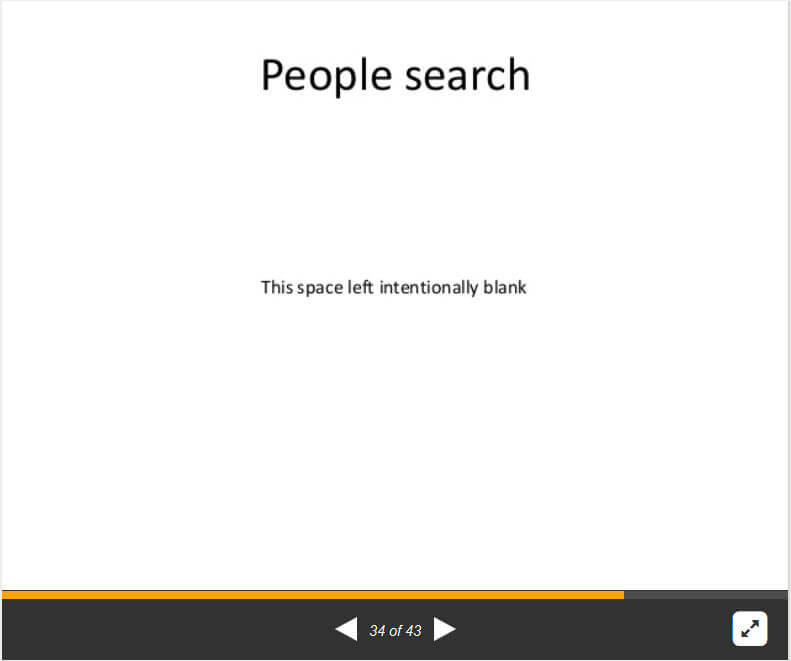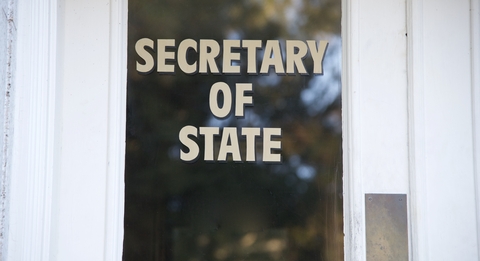People-Searching: Good Sources are Hard to Find
While doing some research for a recent post on alternative search engines, I turned to one of my usual sources for inspiration, search expert Phil Bradley. I found a useful presentation on Slideshare, Alternative search engines; Library 2.014 presentation, and – when I got to slide #34 – I laughed out loud!

http://www.slideshare.net/Philbradley/alternative-search-engines-library-2014-presentation
This slide “says” it all, and Phil summed up so well one of the biggest challenges of people-searching: Good sources are hard to find.
In my investigative research business, I’ve learned that there are several myths regarding our sources. Here are my top three, including why they’re myths and my workarounds for dealing them:
Myth #1: There’s one really awesome database with everything I need to know about our subjects.
Why: People-searching involves piecing together many bits and pieces of information culled from a variety of sources.
Workaround: Back when I worked in libraries, we called it collection development – hand-selecting sources with the best content, time-saving features, and price, while consistently updating the collection. Here at Phelps Research, we use a variety of free and fee-based products, and I’m always on the lookout for new and better sources.
Myth #2: I can find what I need using free sources.
Why: While some professionals use only free or open-source tools, our investigations need to be as comprehensive as possible, often with a short turnaround time. We also need specialized or nonpublic information that’s only available to those with permissible use.
Workaround: They don’t come cheap, but they’re worth their weight in gold. I couldn’t do my job without my subscriptions to LexisNexis, Dow Jones Factiva, ProQuest Dialog, Tracers, and other fee-based sources. Fortunately, my AIIP member benefits include discounts on information products, and I only work with vendors willing to negotiate contracts.
Myth #3: I can trust the accuracy of my sources.
Why: It doesn’t matter how much you pay for your sources. They contain errors. Once you’ve been doing research or investigations long enough, you start to see the patterns: Transposed numbers, incorrect names, inaccurate news reporting.
Workaround: Use trusted sources, and get recommendations before subscribing to new products.Verify, verify, verify everything you find. Then verify again. Educate clients about the limitations of online sources and the inherent risks of relying on their content. Include in your reports any inconsistencies and their ramifications.
Join me for more tips and favorite sources at WebSearch University, where I’m presenting on The Pesky Problem of People-Finding.



